Pre-Conference Registration and Drinks
Join us at 6:00 pm on the evening before the conference to collect your badge and lanyard and to share a drink with other delegates. The registration desk and drinks will be available for one hour, until 7:00pm.
Conference Welcome and opening remarks
Speakers

Moustafa Ramadan
U.S. PV Manufacturing at a Crossroads: Tariffs, Trade Policy, and Market Dynamics
The opening session of PV CellTech USA 2025 will explore the complex policy environment shaping the domestic solar manufacturing landscape. This session will feature industry leaders and policy experts examining the impact of recent and proposed tariff measures, shifts in global trade dynamics, and federal incentives on U.S. PV competitiveness. Speakers will review how these factors are influencing investment decisions, supply chain strategies, and long-term planning for domestic production. Insights will also be shared on how manufacturers are positioning themselves in response to evolving market pressures and end-market demands heading into 2026.
The session will also feature an exclusive update from one of the leading vertically integrated solar manufacturers in the US. Attendees will hear firsthand about their operational experience, key challenges faced in domestic manufacturing, and their technology roadmaps for the coming years. This presentation will provide valuable perspective on how American solar manufacturers are navigating the current landscape while driving innovation.
Speakers
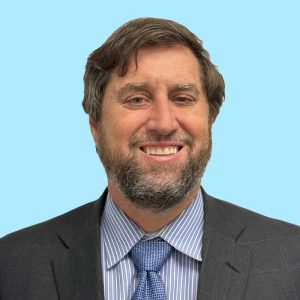
Mike Carr

Danielle Merfeld

Tom Beline
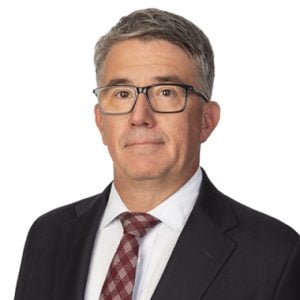
Elias Hinckley
Coffee Break
Progress towards a PV manufacturing eco-system in the U.S. & creating domestic supply channels
Moderator
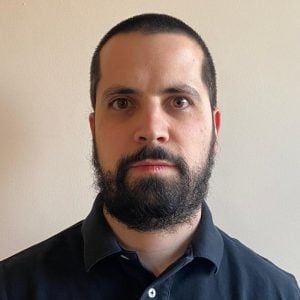
Jonathan Touriño Jacobo
This session focuses on the U.S. manufacturing of key components needed to establish a comprehensive PV manufacturing eco-system, with particular emphasis on the upstream supply chain for polysilicon, ingots, and wafers. The discussion will explore the critical raw materials that go into the production of PV cells and modules, including silicon feedstock processing, crystal growth technologies, and wafer manufacturing processes.
Speakers

MJ Shiao
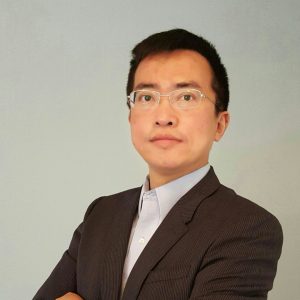
Alex Zhu

James Kim
Strengthening U.S. Solar Manufacturing Through Vertical Supply Chain Integration
Moderator
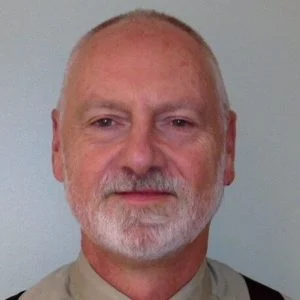
Michael Parr
This panel brings together key perspectives from across the solar value chain, featuring executives from a fully vertically integrated company with expertise spanning polysilicon, wafers, cells, and module production, alongside specialists from a dedicated module manufacturing operation, cell manufacturing and a polysilicon producer. Panellists will explore how vertical integration strategies can enhance supply chain resilience, reduce dependency on imports, and accelerate American solar manufacturing capacity. The discussion will examine recent policy initiatives, investment opportunities, technological innovations, and collaborative approaches needed to strengthen each link in the domestic solar supply chain, from raw materials to finished products.
Speakers
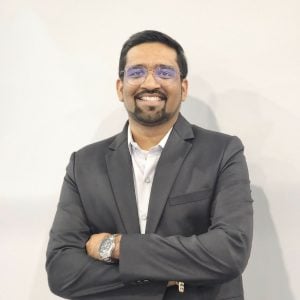
Harsh Galia
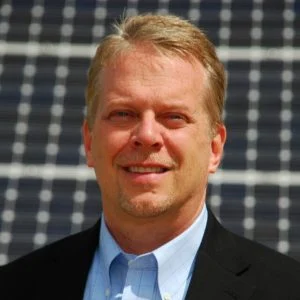
Matt Card
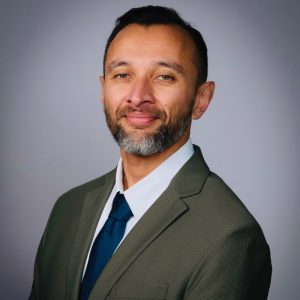
Fahim Islam
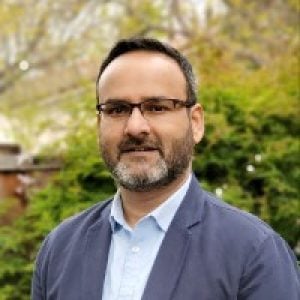
Nadeem Haque
Lunch
Unlocking the Opportunity for State of the Art Processes in U.S. Cell Production
Moderator
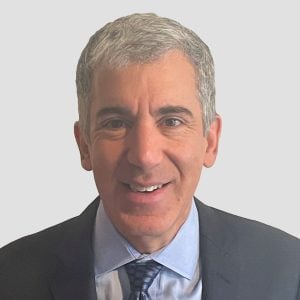
Dan Cohen
This session will explore the opportunity to deploy state of the art manufacturing processes in building new c-Si cell production capacity in the U.S. Key challenges will be addressed, including patent risk, equipment availability, and the maturity of next-generation technologies. The session will highlight promising home-grown innovations and examine how these can transition from research labs to high-volume manufacturing. Attendees will hear from leading research institutions advancing high-efficiency cell line optimisation and from companies offering cutting-edge production equipment suited for the U.S. manufacturing landscape.
Speakers
Sheldon Wayman
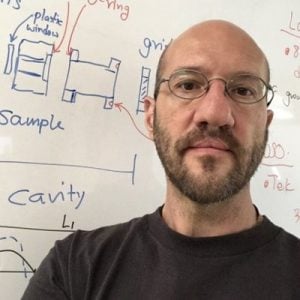
Nikos Kopidakis
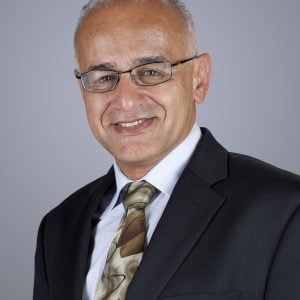
Kamel Ounadjela
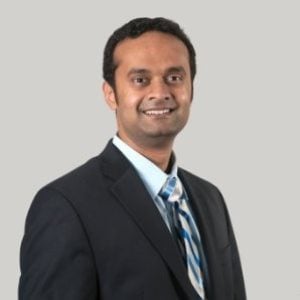
Raahul Sathyanarayana
Coffee break
Advanced PV Cell Technologies and production roadmaps
This session explores the critical technology pathways for solar manufacturers seeking to adopt cutting-edge photovoltaic architectures with higher efficiencies. Industry experts will examine the commercial viability and manufacturing challenges of TOPCon technology, which offers significant efficiency gains but faces challenges including specialized equipment needs, and increased production costs compared to other technologies. We’ll also examine the remarkable progress in perovskite technology, including recent breakthroughs in stability, scalability, and tandem applications that promise to shatter traditional efficiency limits. Attendees will gain insights into technology roadmaps, investment considerations, and practical strategies for production line conversion.
Speakers
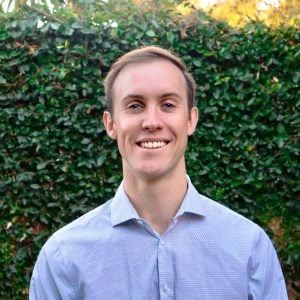
Ethan Ely
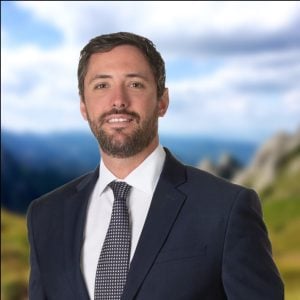
Adam Tesanovich

Annikki Santala
Commercializing Next-Generation Perovskite Solar
Moderator

Markus Beck
Perovskite solar technology has made impressive strides in the lab, but the path to widespread commercial adoption remains complex. This panel will bring together some of the leading voices working on perovskite technology to explore the most viable routes to market for perovskite-based products. From tandem solar cells to volume manufacturing and licensing strategies, the discussion will focus on scaling challenges, investment opportunities, and realistic timelines for product availability in the market. Attendees will gain an overview of what it will take to transition perovskite innovations from research breakthroughs to bankable technology.
Speakers
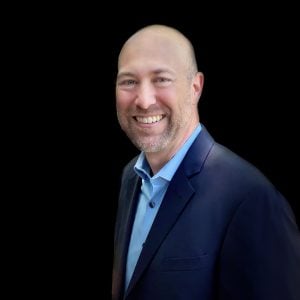
Aaron Thurlow

Chris Case

Adam Tesanovich

Scott Wharton

Annikki Santala
Networking Drinks Reception
Join us for an informal drinks reception at the end of day one.
PV Module Manufacturers: Supply Chains, Domestic Content, and Technology Innovations
Moderator

Henry Hieslmair
This session brings together leading PV module manufacturers to discuss their evolving supply chain strategies in the U.S.. Speakers will explore how they’re navigating domestic content requirements, including component sourcing strategies and manufacturing facility investments across the U.S. The discussion will highlight technological innovations being introduced in 2025 production lines, from advanced cell architectures to manufacturing process improvements that enhance efficiency and reduce costs. Manufacturers will share insights on balancing imported and domestically produced components while maintaining competitive pricing, and reveal their roadmaps for increasing the percentage of U.S.-made content in their modules.
Speakers

Marvin Yang
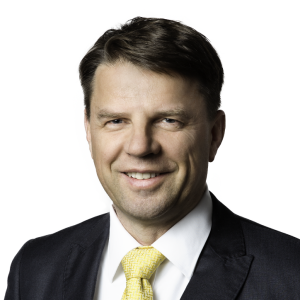
Frank Faller
Policy Risk and Domestic Content Requirements in PV Module Procurement
Moderator

MJ Shiao
This panel discussion brings together procurement specialists, policy experts, and industry leaders to explore the complex landscape of US domestic content policies and their real-world implications for solar project developers and buyers. Panelists will examine how the Inflation Reduction Act, Buy American provisions, and other domestic content requirements are reshaping supply chains, affecting pricing structures, and influencing purchasing decisions in the photovoltaic market. Attendees will gain valuable insights into compliance strategies, cost management approaches, and future outlook as buyers navigate the tension between policy mandates, project economics, and delivery timelines in an evolving regulatory environment.
Speakers
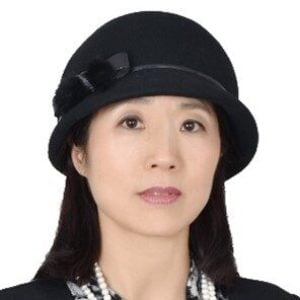
Feizhen Lu

Nathan Picarsic
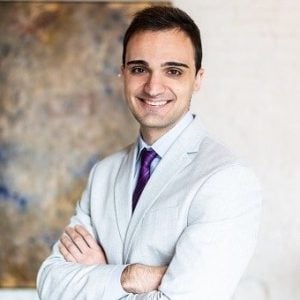
Juan Carlos Rosa
Coffee Break
Solutions for Maximising PV Performance
This session will look at approaches to combat the various degradation mechanisms that impact solar PV systems throughout their lifecycle, including cell and module level solutions that can be implemented in manufacturing and in the field.
Speakers

Archana Sinha

Udi Daon
PV Innovation Showcase
Moderator

Nikos Kopidakis
Join us for a series of rapid-fire presentations where leading researchers unveil the latest breakthroughs in photovoltaic technology. This innovation showcase will explore the cutting edge of solar energy research, featuring insights into perovskite materials, direct wafering techniques, advanced back contact cell architectures, sustainable manufacturing approaches, material reduction strategies, and next-generation cadmium telluride technologies. Discover how these innovations are collectively reshaping the future of renewable energy by enhancing efficiency, reducing costs, and addressing critical sustainability challenges in the global transition to clean power.
Speakers

David Young

Matthew Reese

Emily Warren
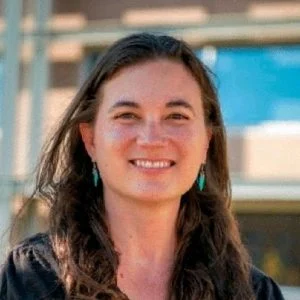
Ashley Gaulding
Lunch
US Solar Supply Chain Vulnerabilities in an Era of Policy Flux
Moderator

Terry Jester
This session brings together industry experts to examine the critical gaps in the US solar supply chain amid the evolving policy landscape of the current administration. The session will analyse the significant upstream manufacturing shortfalls—particularly in polysilicon and wafer production, and module components such as glass—where domestic capacity falls substantially short of projected demand through 2030. The session will explore how recent trade policy shifts, including new tariff structures affecting imports from Canada, Mexico, and other global partners, are reshaping procurement strategies and project economics. Attendees will gain valuable insights into risk mitigation approaches as the industry faces an installation decline from 2025-2027, with particular focus on contingency planning for potential changes to the solar Investment Tax Credit and domestic content requirements and policies related to polysilicon.
Speakers

Richard Rast
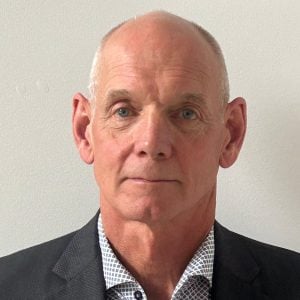
Glenn Leroux
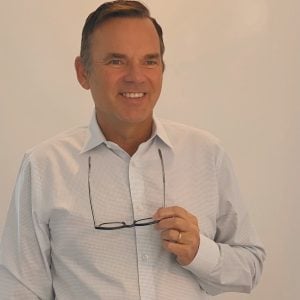
Jonathan Pickering
Navigating Uncertainty: Sustaining Momentum in U.S. Solar Manufacturing Beyond 2025
This session will look at the evolving policy frameworks and market dynamics shaping America’s solar manufacturing landscape. As global PV capacity surpasses 2.2 TW and solar investments reach projected highs of $450 billion in 2025, this session will look at the global picture and explore how American manufacturers can strengthen energy security amid shifting supply chains as manufacturers look for new markets to establish alternative production hubs in the increasingly competitive global solar landscape.
Speakers

Markus Beck

